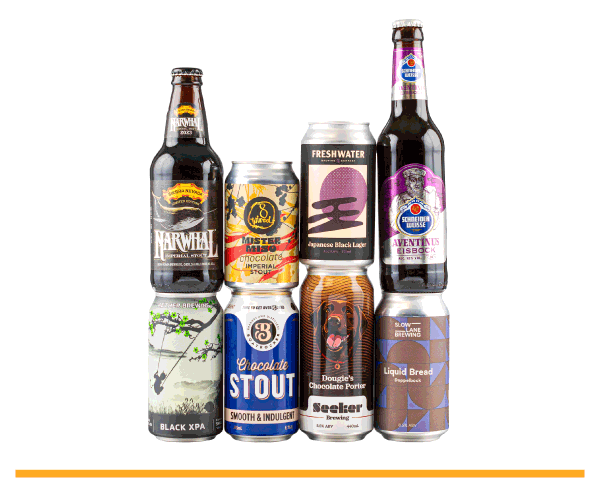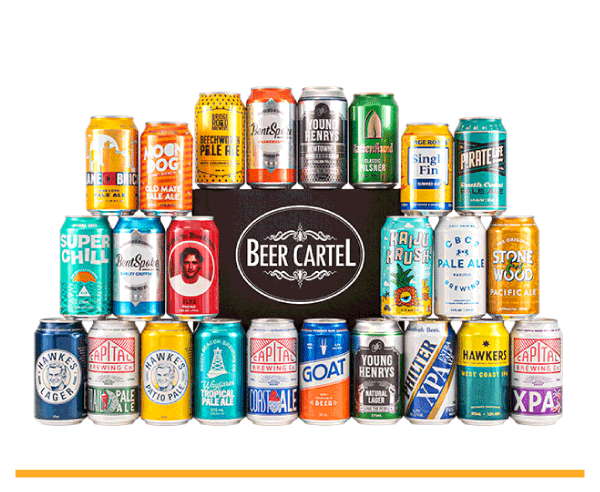Kettle Souring of Beers
7th Apr 2016
Recently we read an article from Tim Hodge at SydneyBeer.com.au around kettle soured beers, which is topical as sour beers are growing in demand. So we thought we’d share an exert of his article with you (the complete version can be found on his site here).
“There’s a debate around kettle sours. Simply, kettle souring is a process of making sour beers that’s quicker and cheaper than some traditional souring methods. Most of the debate centres around two points; the tradition of brewing sour beers and the labelling and marketing of kettle sours.
Kettle Souring: A Brief & Basic Overview
There are various methods of producing sour beers but here I’ll focus just on kettle souring…. To produce sours beers, brewers will often turn to the bacteria Lactobacillus. This bacteria produces lactic acid which contributes acidity and sour flavours to beer.
Often Lactobacillus is combined in the brewing process with traditional brewers yeast, Sacchoramyces. In kettle soured beers, the former is used to create a base level of lactic acid in the unfermented beer while the latter is used to ferment the beer as you normally would.
The contrast with more traditional methods of souring being that bacteria is added before the boil, whereas in many older sour styles, this is done after the boil and left to ferment, age and mature. Traditional sour beers are often blended to achieve the right combination of pH and flavours.
Benefits of Kettle Souring
The benefit of the kettle souring process is that a brewer can produce a controlled level of acidity in the wort before boiling and killing off the Lactobacillus to prevent the bacteria from further souring the beer. Boiling also acts as a step in sanitising the beer, and to some extent the equipment…This is a relative quick and affordable way of brewing a sour beer that differs only slightly from the typical process.
Criticism of Kettle Sours
… Critics focus on notions of the artistry and craft of traditional sour beers, of spontaneous or open fermentation, or of wood-aging beers. Inoculating a beer with Lactobacillus in the kettle before the boil doesn’t quite have the same romanticism as the image of large wooden koelschips(cool ships) in a Belgian monastery…. [and that] because of the cost and efficiency involved in kettle souring, brewers can create beers cheaply but price them in line with more expensive sours.
Finally, labelling can be an issue. Sour beer enthusiasts rightly want to know if their beer has been kettle soured...[for the reasons mentioned above].”
While Tim appreciates kettle souring as a brewing technique he does call for more clarity in beer labelling, something we completely agree with.

 Loading... Please wait...
Loading... Please wait...

